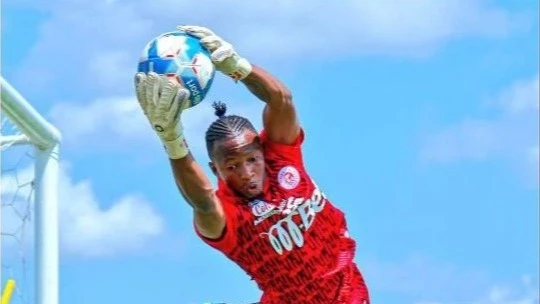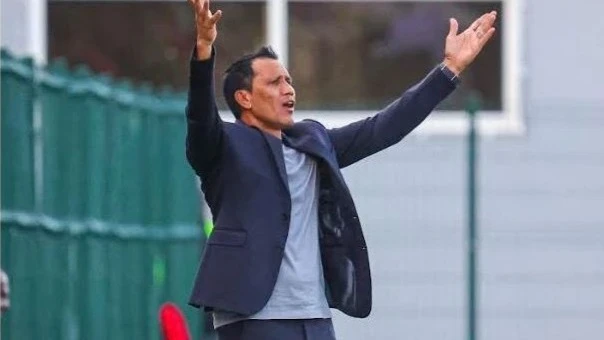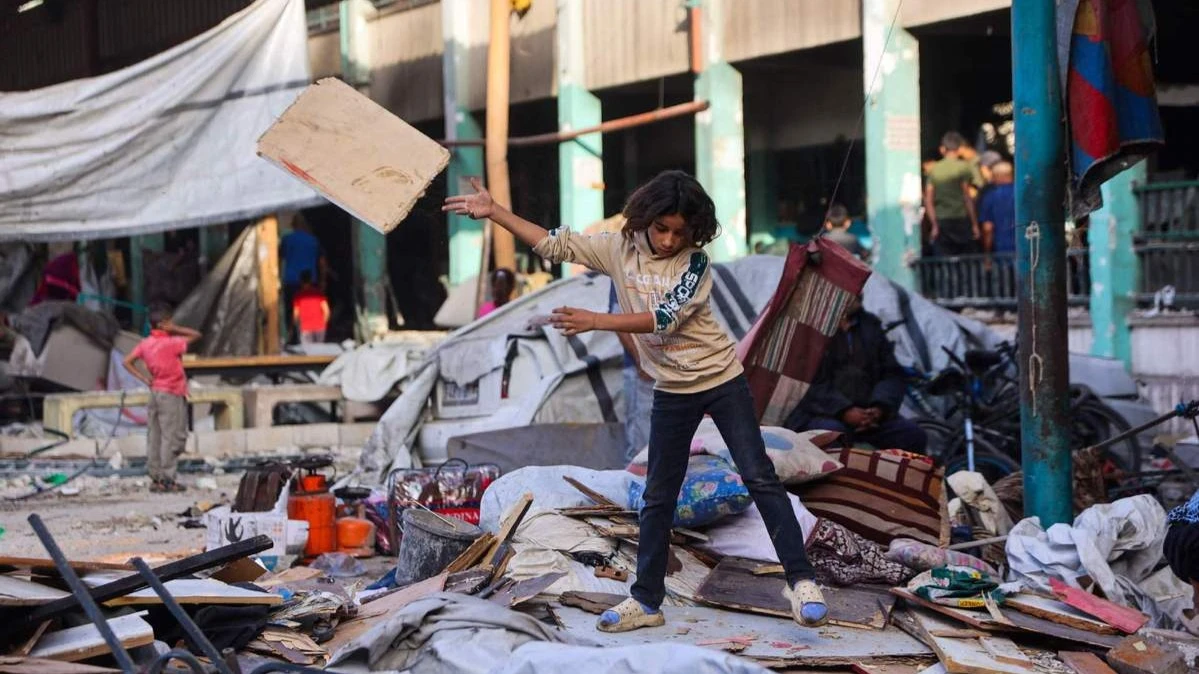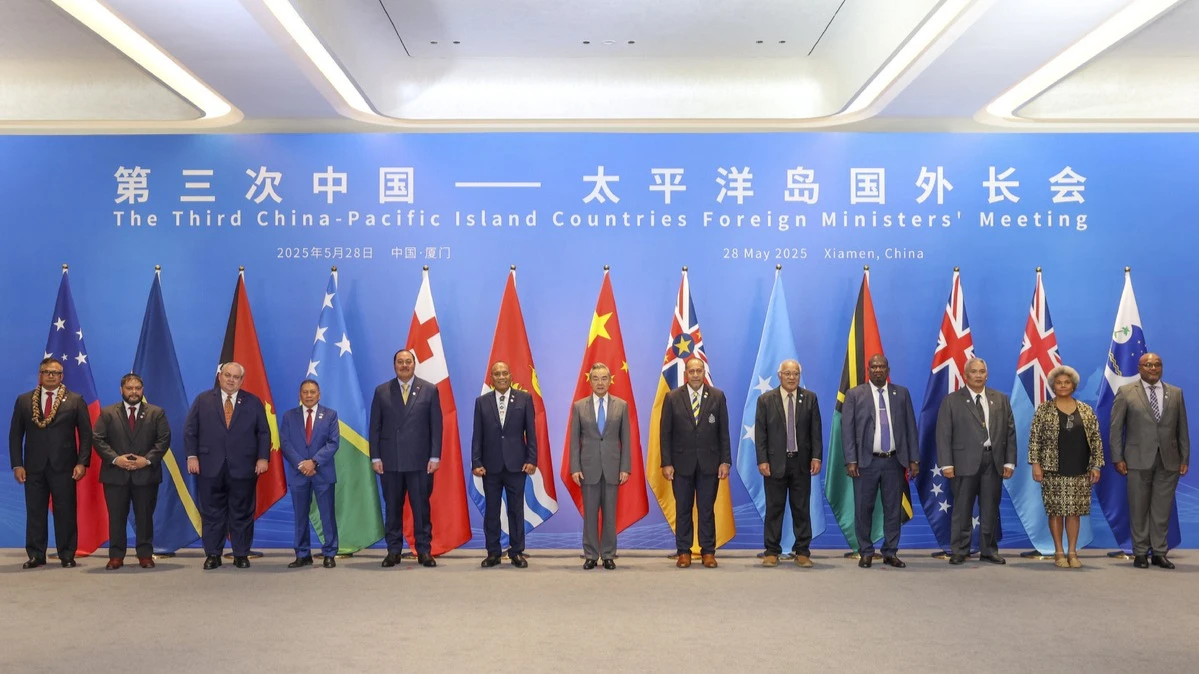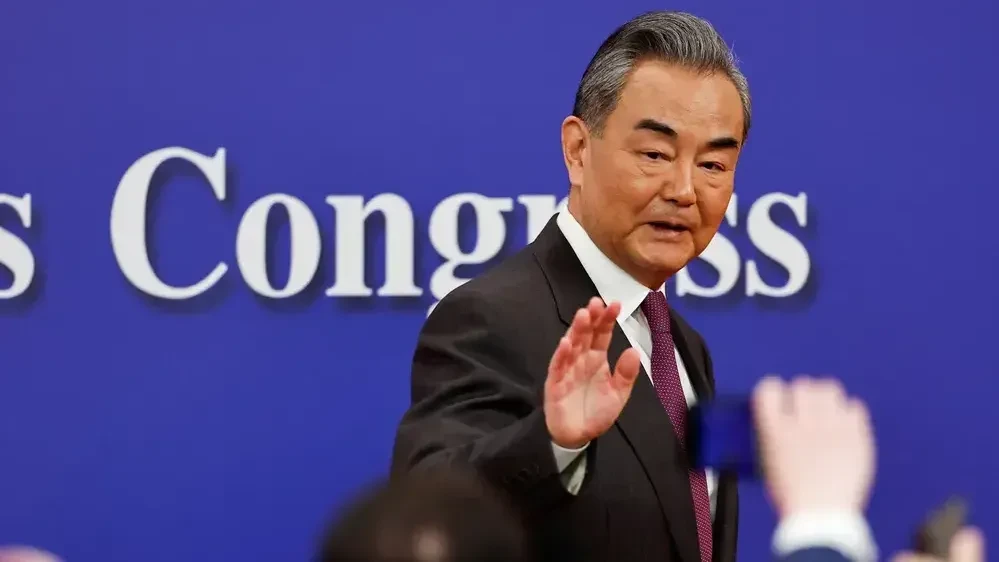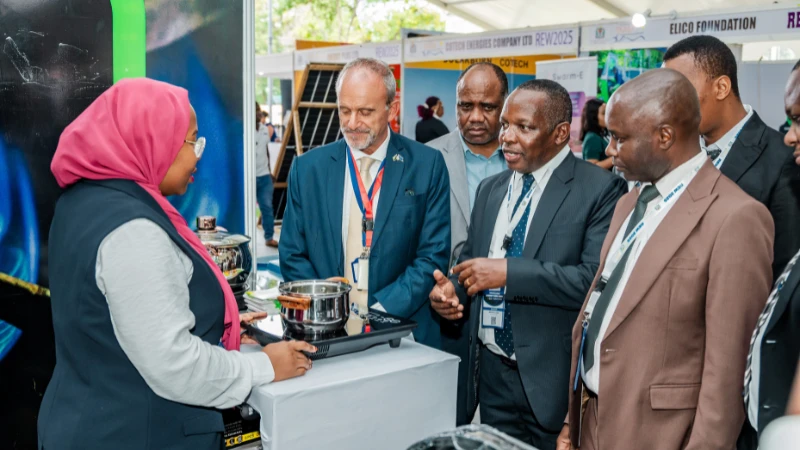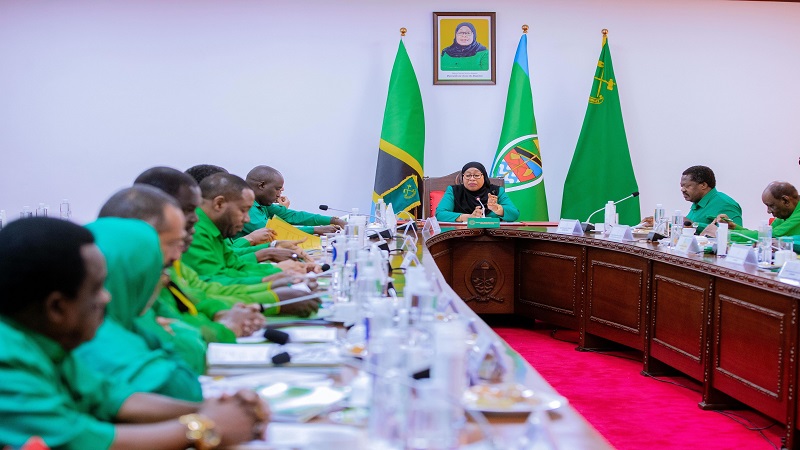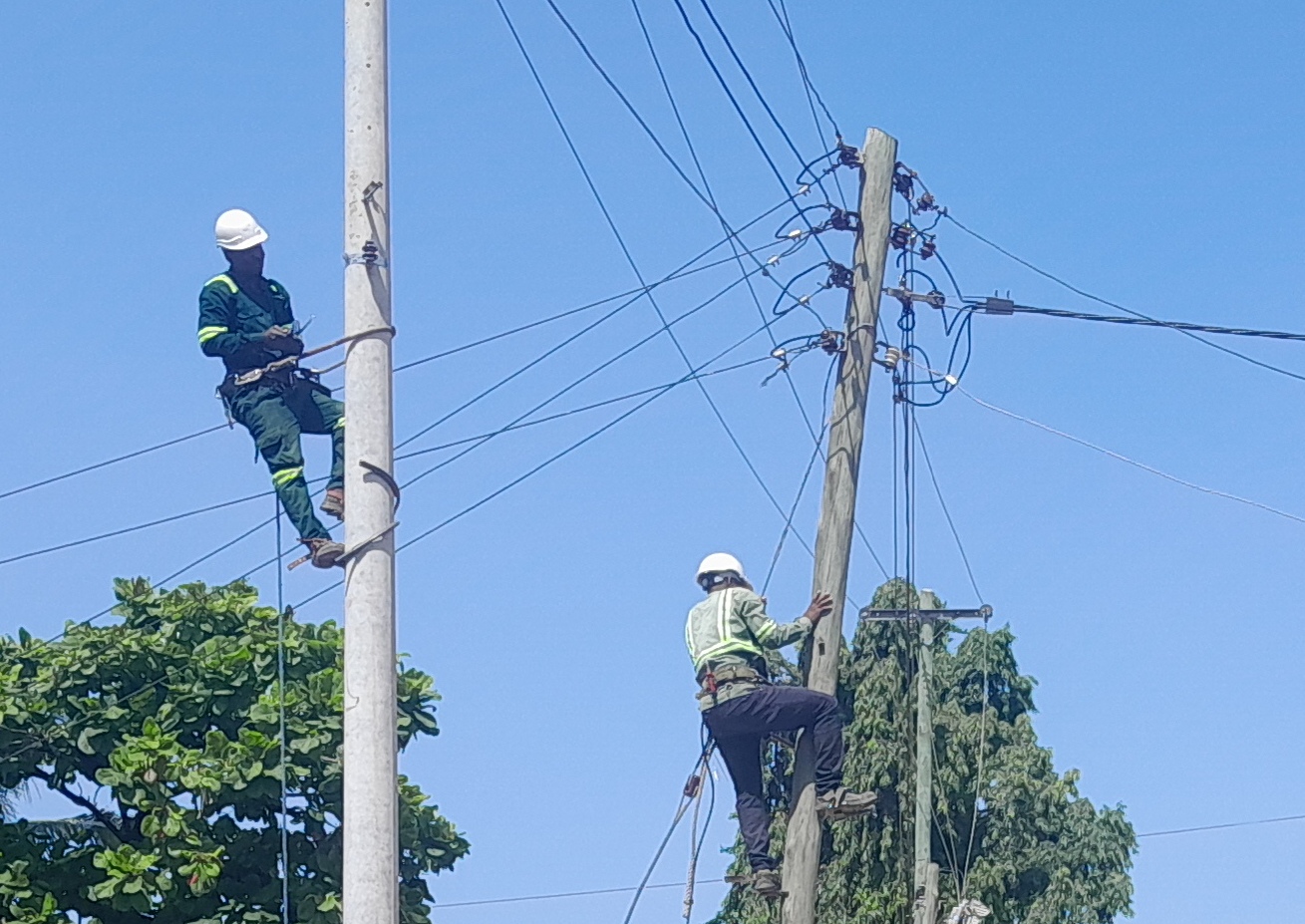Kenya apologises to Tanzania after activists’ deportation row
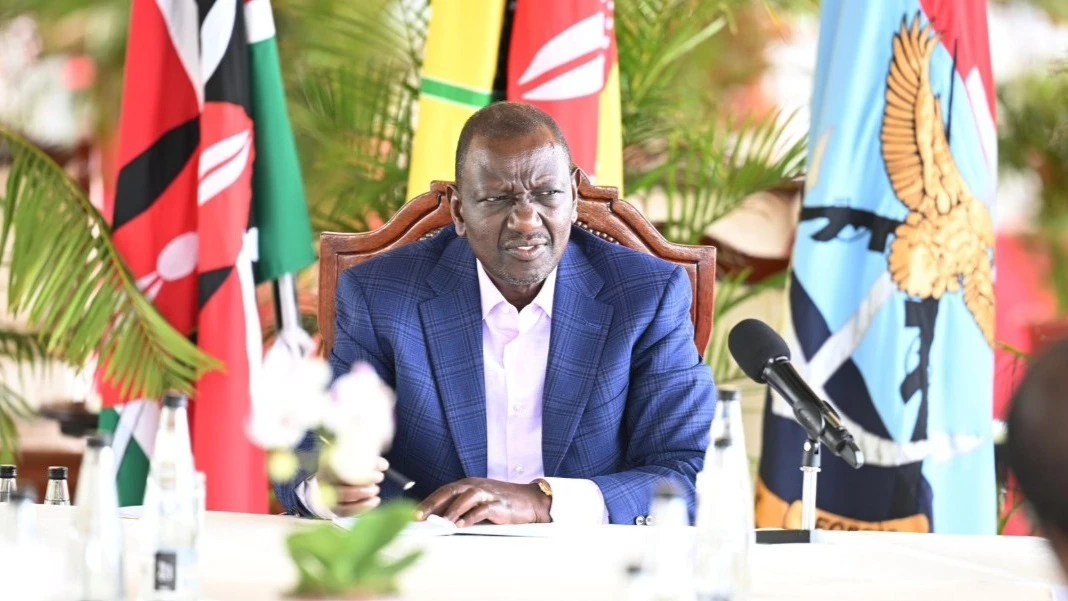
KENYAN President William Ruto has publicly apologised to Tanzanian authorities over the exchanges arising from the arrest and deportation of Kenyan activists.
Officiating at the 22nd national prayer breakfast on Wednesday, he said Kenya remains committed to good neighbourliness and mutual respect in the region, in the wake of an incident that has strained feelings on both sides of the long border.
“Our neighbours from Tanzania, if we have wronged you in any way, forgive us,” he said, in reference to the displeasure at high places that Kenyan lawyers and political activists travel to monitor court proceedings and even offer legal assistance.
The recent events that have sparked questions over East African institutions like using the common passport between the partner states brought the Kenyan leader to also extend an apology to Uganda and the Kenyan youth.
“Our friends from Uganda, if there is anything that Kenyans have done that is not right, we want to apologise. To our children, if there is any misstep, we apologise.”
The composite apologies appeared to refer to a stretch of events, after Ugandan opposition leader Kiiza Besigye was abducted in plain conference hall and returned to Uganda to face military court charges/
Kenyan former Chief Justice Willy Mutunga and People’s Liberation Party (PLP) leader Martha Karua were among several Kenyan law activists who were denied entry into Tanzania and deported shortly after landing at the Julius Nyerere International Airport.
Activist Boniface Mwangi was detained for several days and left near the border at Horohoro, like Agather Atuhaire of Uganda, a recipient of the International Women of Courage (IWOC) award by the former US First Lady Jill Biden and former US Secretary of State Antony Blinken
She was left near the border at Mtukula in Kagera region, upon which human rights organisations, including the Kenya National Commission on Human Rights (KNCHR), declared that Mwangi was subjected to torture while in custody.
The controversy began last week when a group of Kenyan and Ugandan law activists travelled to Tanzania to show solidarity with a prominent opposition leader facing court proceedings for treason charges.
The activists claimed they were subjected to harassment and intimidation during their visit, which quickly escalated into a war of words between commentators, politicians and citizens across the three East African nations.
Analysts said that the president’s note of apology was part of a broader effort to de-escalate tensions and rebuild trust among East African Community (EAC) member states.
In a symbolic gesture of reconciliation and unity, a delegation of Tanzanian members of Parliament, who had travelled to Nairobi for the event, joined hands with their Kenyan counterparts during the opening of the service.
The two groups sang hymns together, drawing applause from the audience and sending a strong message of regional solidarity, with analysts describing the move as a diplomatic reset.
It highlights the importance of dialogue and cultural diplomacy in resolving regional misunderstandings. “What we saw today was not just an apology—it was a reaffirmation of shared values between our nations,” intimated an impressed observer in attendance.
The incident has reignited debate on the role of activism, sovereignty and the responsibilities of regional governments in handling politically sensitive issues. Nevertheless, the events at the prayer service have provided a hopeful signal that diplomacy and mutual respect remain at the heart of East Africa’s regional integration agenda, analysts noted.
Top Headlines
© 2025 IPPMEDIA.COM. ALL RIGHTS RESERVED










